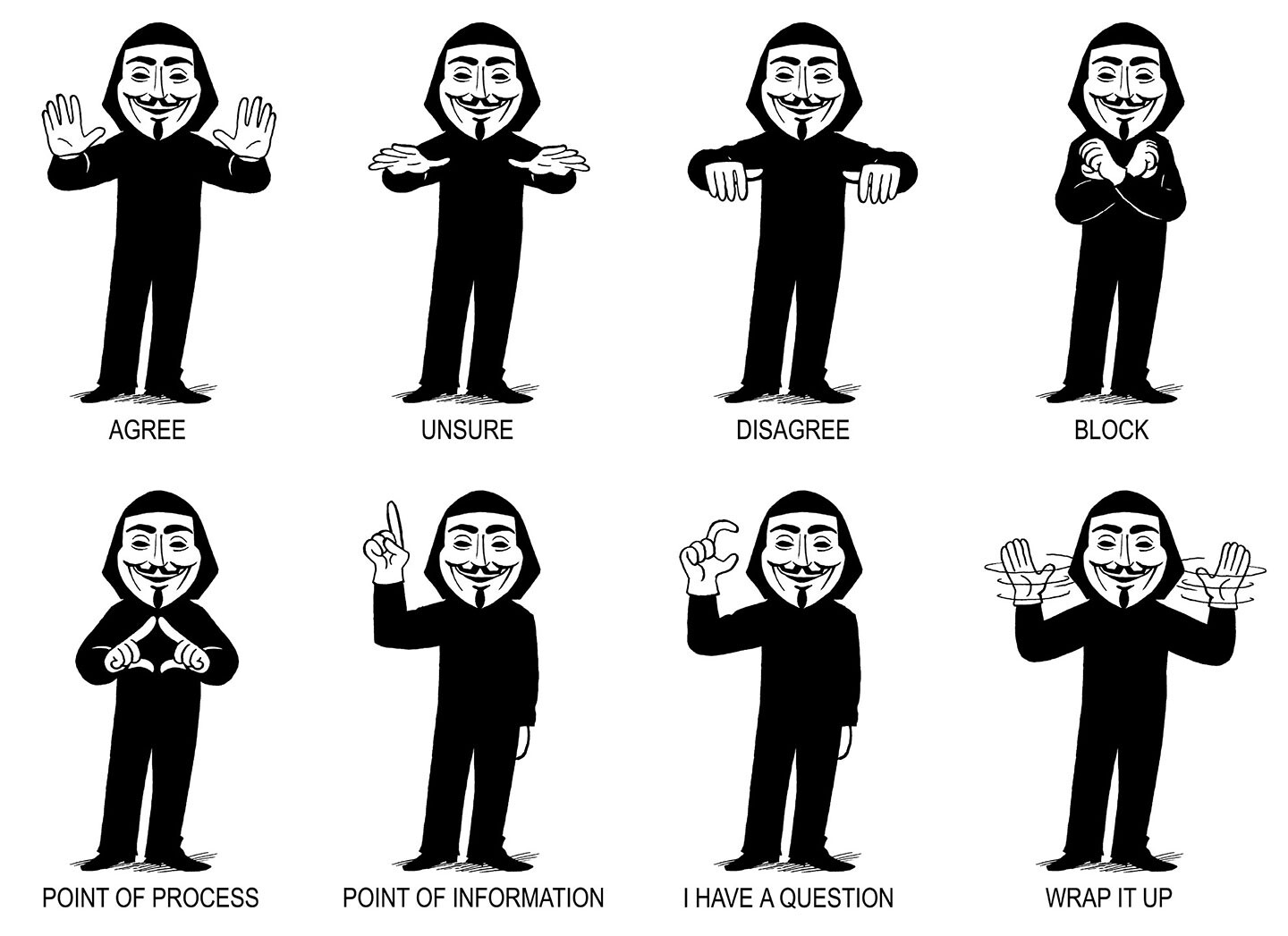How can we avoid amplifying our failures at the expense of what we achieve? The question is not only tactical, but also interpretive. When we evaluate our collective actions for their concrete material effects—for the damage they do at the human scale—we are immediately confronted with our powerlessness in the face of our enemy. This enemy not only holds the monopoly on legitimate violence (and is not afraid to use it), but also knows how to weather the storm. Capitalists build pushback into their budgets. They take out insurance policies to cover broken windows, arson, and lost profits. In advance of scandal, they contract public relations firms to protect their brands. Faced with the cunning and brute power of the capitalist state, how are we to see our uprisings as anything but futile tantrums—proof of our incapacity to move from rebellion to revolutionary change? The answer is in recognizing the ways that our concrete actions in the material world contribute to the language in common, through which we build and express our difference.
